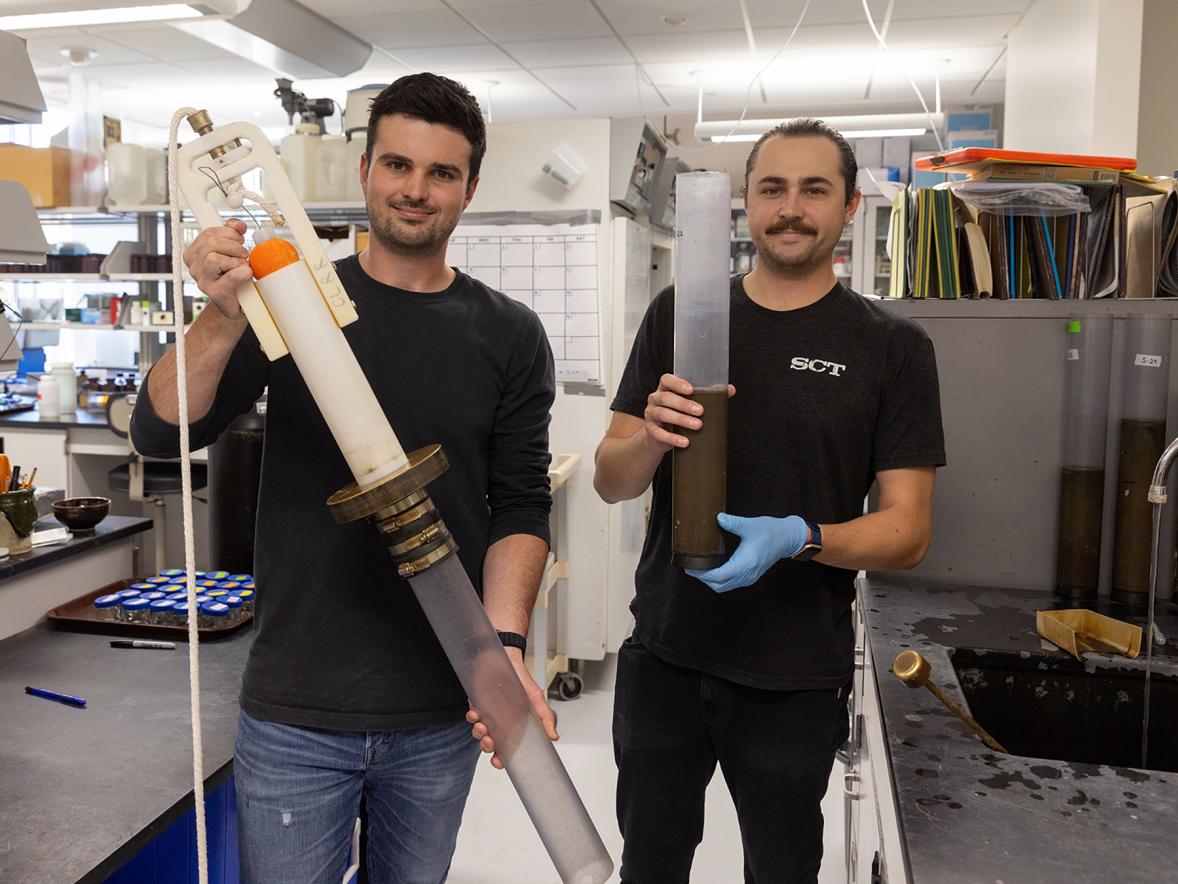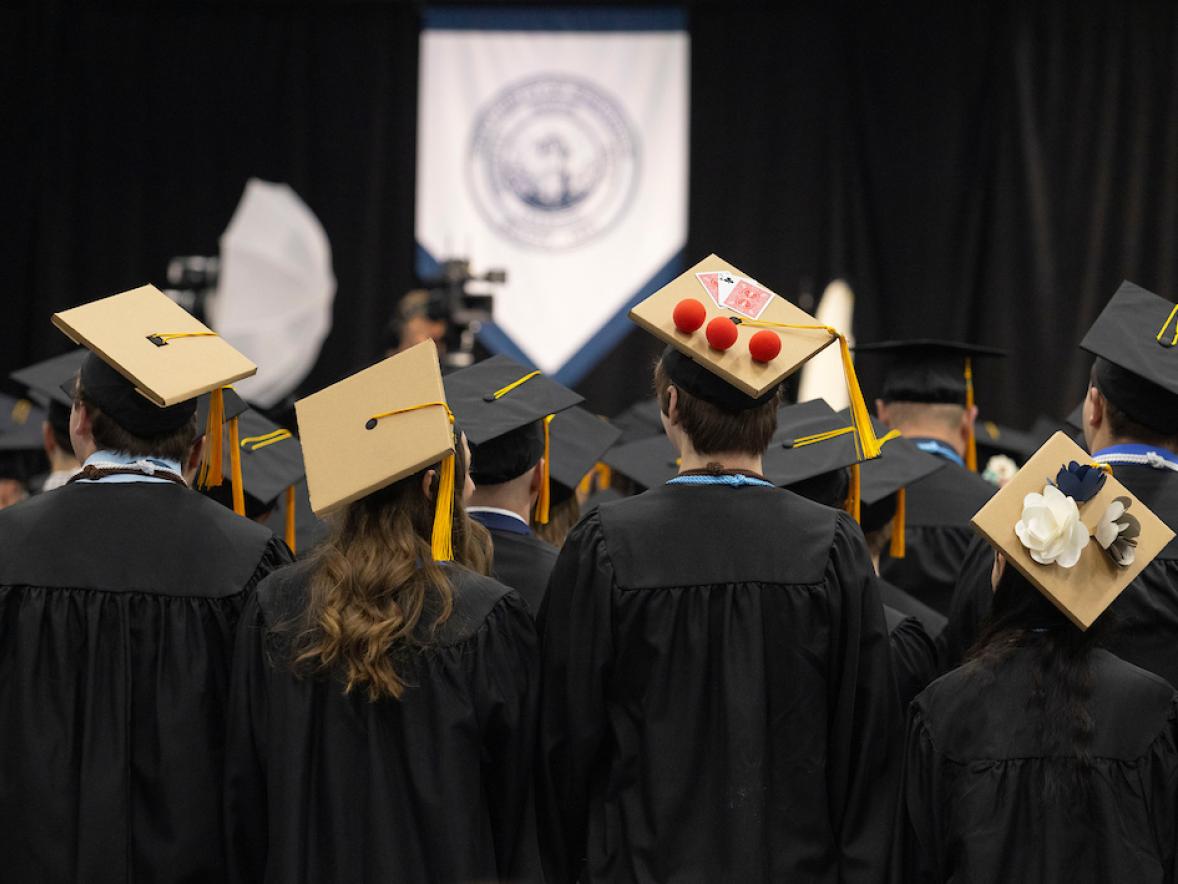Before COVID-19, Sarah Webber, Brandon Nitz and Austin Skoug were looking forward to 2020 industry co-op positions to help them test their knowledge as packaging majors at University of Wisconsin-Stout.
Somewhat to their surprise, they will end the year having achieved their goal and so much more, not the least of which is learning that growth often comes from unexpected challenge.
Despite COVID-19, the three students were still able to experience their co-ops on-site at companies in Minnesota and Wisconsin. Because of COVID-19, they have learned firsthand the importance of packaging in our lives.
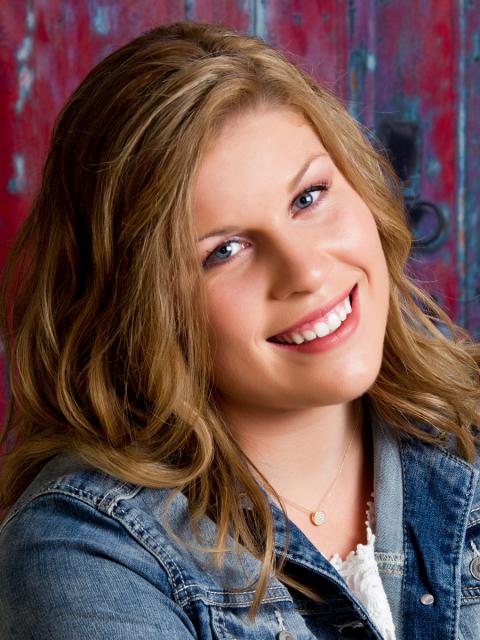
“Sometimes engineering can seem impersonal, which can also make it intimidating. In the medical device industry, however, innovation is driven by the mission to save and sustain lives. This mission made my co-op experience more meaningful than I ever imagined,” Webber said.
Webber, a junior from Rice Lake, began her co-op in June and continues until December at Smiths Medical in Plymouth, Minn., where she works on packaging for a hypodermic needle, which will be used to help deliver the COVID-19 vaccines when they become available.
Nitz, a senior from Stanley, began his co-op in June and ends in December at Promega Corp. in Fitchburg, near Madison. Skoug, a senior from Osseo, began his co-op in January and ended in August also at Promega. They worked on packaging for reagents that are used for conducting COVID-19 tests.
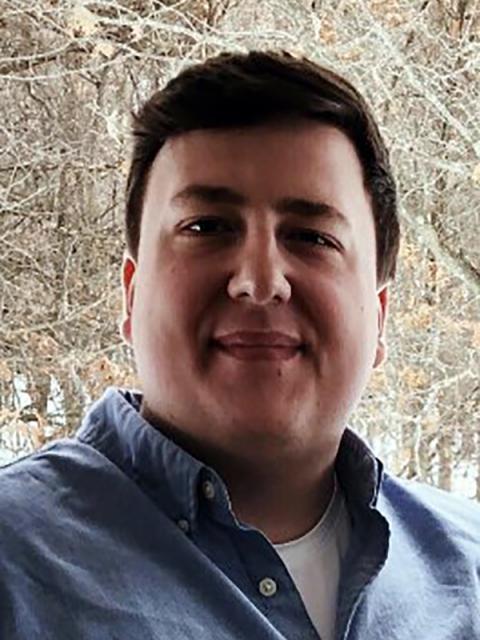
Skoug agreed. “It was honestly so rewarding. I loved waking up and going into work knowing that I was going to help create packaging to safely get reagents to hospitals and research labs to fight COVID-19,” Skoug said.
The co-ops are part of UW-Stout’s Cooperative Education and Internship Program. This past summer, 442 UW-Stout students completed co-ops and internships with 300 employers in 20 states and five countries. Some students worked remotely while others were on job sites that followed COVID-19 precautions.
The Bachelor of Science in packaging is the only program of its kind in the UW System and one of only a few in the U.S.
Proud of her contribution
Webber initially was worried that her co-op would be canceled because of the pandemic. It wasn’t, largely because Smiths Medical remained busy and the hands-on nature of packaging, even though many workers at Smiths telecommuted, she said.
She helps with the company’s packaging for the Needle Pro-Edge product, including writing protocols.
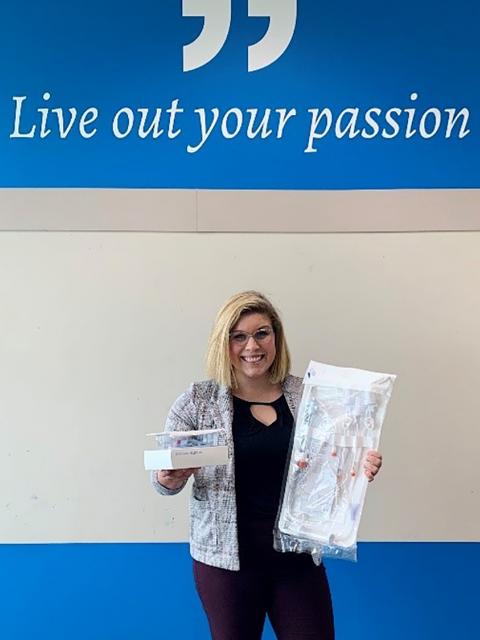
“This device must undergo specific packaging design verification and shelf-life testing. When these devices are filled with a vaccine to fight COVID-19, I will feel a tremendous amount of pride,” she said.
“The world needs medical device manufacturers more than ever before,” she said.
Along with the needle protocols, Webber works on design of medical device packages, continuous improvement initiatives and problem-solving for existing and upcoming packaging projects at Smiths.
Those duties involve tasks such as technical writing, organizing data for analysis and conducting packaging tests for labeling, seal integrity, seal width testing and seal flange warping.
It hasn’t always been easy, but it has been rewarding and has confirmed her decision to become a packaging engineer.
“In school the answer is always in front of your face, but that is certainly not the case in industry. Knowing when to problem-solve on your own versus when to ask others for help has been one of the hardest lessons I’ve had to learn. Thankfully, the atmosphere at Smiths Medical has made it easy to learn from each opportunity. My thoughts and opinions are always encouraged and heard,” Webber said.
On site for important work
Like Webber, Nitz and Skoug have donned masks and worked at Promega because the products are needed and the work to properly package them requires a physical presence.
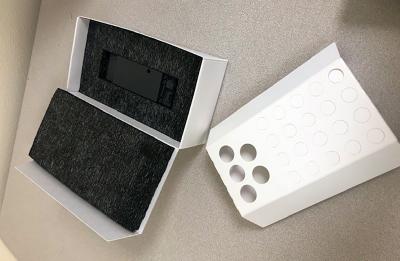
Nitz and Skoug designed new packages for Promega but also tweaked current designs. They use computer software such as Artios Cad and SolidWorks to design packaging that snugly hold the products for COVID-19 testing kits. The kits include vials, bottles and jugs that protect reagents when shipped to customers.
“The packaging team is still working on site for access to all our materials and equipment,” Nitz said. “Working with these types of reagents really makes you feel relieved for helping so many people around the world.”
If the packaging fails, the testing kits that government, health care providers and citizens are depending upon are rendered useless. Packaging engineers have to be on site to test those package designs against industry standards.
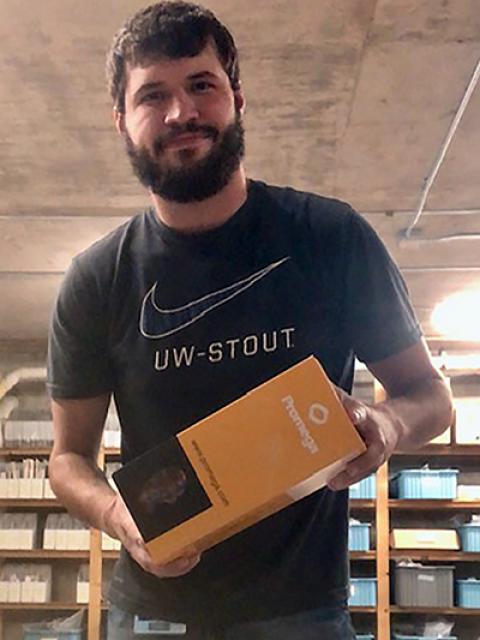
“Back in high school I didn’t even know what a packaging engineer did throughout a workday. But after this hands-on experience, I’ve learned a lot and I am very excited to start my career as a packaging engineer following graduation,” Nitz said.
Having both grown up in small towns in west-central Wisconsin, they said getting used to living in the Madison area was an adjustment but that the full-time employees at Promega made the transition easier. They’ve also been in their share of Zoom, Skype and Microsoft Teams meetings with other employees.
“I feel as if Stout and my upbringing really prepared me for what I faced in the real world,” Skoug said. “This ended up being a positive experience because it helped me grow out of my comfort zone. I can't wait to graduate and start my career as a packaging engineer.”
Applied learning experiences
The Cooperative Education and Internship Program is an eight-week minimum paid work experience related to students’ majors that balances classroom theory with periods of practical, applied experience prior to graduation.
The program is centrally coordinated through Career Services in cooperation with academic departments. CEIP serves students who also are in unpaid and volunteer positions related to their field of study.
All degree-seeking students, undergraduate and graduate, are eligible. Each of UW-Stout’s 49 undergraduate and 23 graduate programs has an experiential learning component.
###





